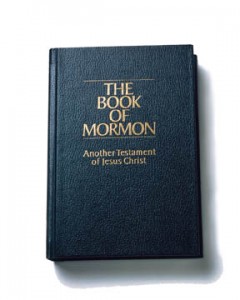 The Book of Mormon is a book of scripture similar to the Bible. Like the Bible, it testifies of Christ and His sacrifice of pure love for us. It tells of a few different groups of people, the first being a people originating from a family who, because the Lord warned them to leave, escaped from Jerusalem prior to the Babylonian captivity and sailed across the sea to a promised land. The father of this family is Lehi, and he has a righteous son named Nephi. Lehi is a prophet, meaning he gets direct revelation from God for his people. Once they are established in the Promised Land (somewhere in America, possibly central or south), Lehi dies and Nephi becomes the prophet. Eventually, Nephi passes the mantle on to his younger brother Jacob, and Nephi becomes only the secular leader of his people (called the Nephites), while Jacob the spiritual leader.
The Book of Mormon is a book of scripture similar to the Bible. Like the Bible, it testifies of Christ and His sacrifice of pure love for us. It tells of a few different groups of people, the first being a people originating from a family who, because the Lord warned them to leave, escaped from Jerusalem prior to the Babylonian captivity and sailed across the sea to a promised land. The father of this family is Lehi, and he has a righteous son named Nephi. Lehi is a prophet, meaning he gets direct revelation from God for his people. Once they are established in the Promised Land (somewhere in America, possibly central or south), Lehi dies and Nephi becomes the prophet. Eventually, Nephi passes the mantle on to his younger brother Jacob, and Nephi becomes only the secular leader of his people (called the Nephites), while Jacob the spiritual leader.
The first two books in the Book of Mormon are named after Nephi, called First Nephi and Second Nephi, abbreviated 1 Nephi and 2 Nephi. 2 Nephi is where Jacob’s ministry takes place. In chapters 7 and 8 of Second Nephi, Jacob teaches the people through the words of the prophet Isaiah. He quotes directly from the Old Testament in the Bible (which the Nephites had in the form of plates made of brass) and teaches the Nephites about Christ through his words.
In chapters 9 and 10, Jacob gives commentary on chapters 7 and 8, explaining Isaiah’s words to his people. Chapter 9 of Second Nephi is a beautiful chapter. It testifies of the goodness of God and the perfection of His plan for us. Over and over it exclaims, “O how great the plan of our God!” and “O how great the wisdom of God, His mercy and grace!” and many similar statements. It goes on to describe why this plan is so glorious: God has given us a perfect way to overcome both spiritual death (separation from God) and physical death (separation of the spirit and body). This perfect way is the atonement of Christ. Jesus Christ, who is a perfect being, chose to descend below his Godhood status to live life as a mortal so that He could experience all that we have experienced. In His great act of love of the atonement, He suffered all that we suffered, as well as paying for our sins. He makes up for what I lack, loving me always in spite of the mistakes I make again and again.
From the time when I was young, my dad loved to teach my sisters and I using analogies. The gospel is so easy to make analogies for (I wonder who planned that!), so my dad would constantly show us how some aspect of our lives was similar to some aspect of the gospel. Being raised this way has turned me into my father—I love to look for ways that little things in life symbolically teach me about the gospel.
One of the most wonderful feelings, I would have to say, is coming into the kitchen after a long day, remembering the dishes you left in the sink from lunch or breakfast, and seeing that one of your roommates has cleaned them for you and put them in the dishwasher. Silly as it may be, this reminds me of the atonement. My roommate chose, out of love, to clean what I did not. Christ loves us, and He chose to suffer for our sins so that we didn’t have to. Obviously, someone cleaning my dishes for me is nowhere near as important as the atonement, but the love I feel from and for my roommate reminds me of the love I feel from and for the Savior. Jesus Christ truly does love us.
This article was written by Lydia T., a freshman at Brigham Young University and a member of The Church of Jesus Christ of Latter-day Saints. She loves music, reading, hiking, and cooking.
Additional Resources:
The Book of Mormon is a companion to the Bible. Request your free copy today.
What are the basic beliefs found in theBook of Mormon?
Read what Mormons believe about Jesus Christ on an official website of The Church of Jesus Christ of Latter-day Saints.

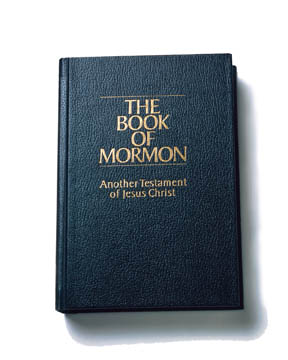
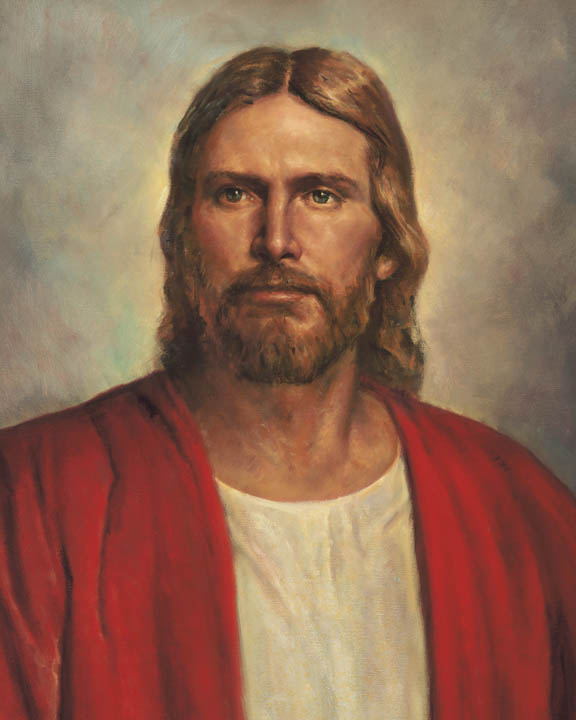
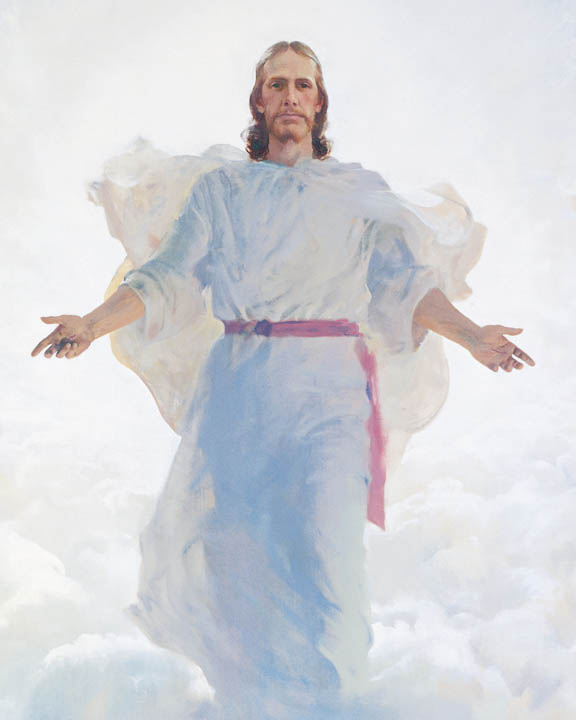
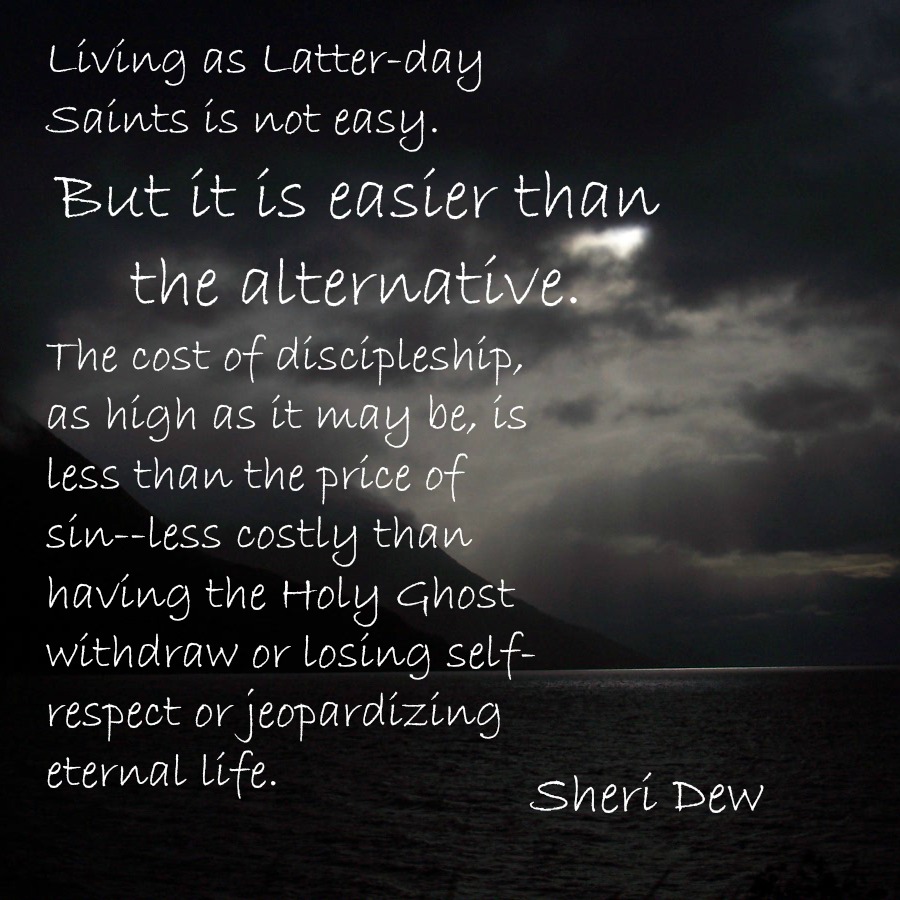
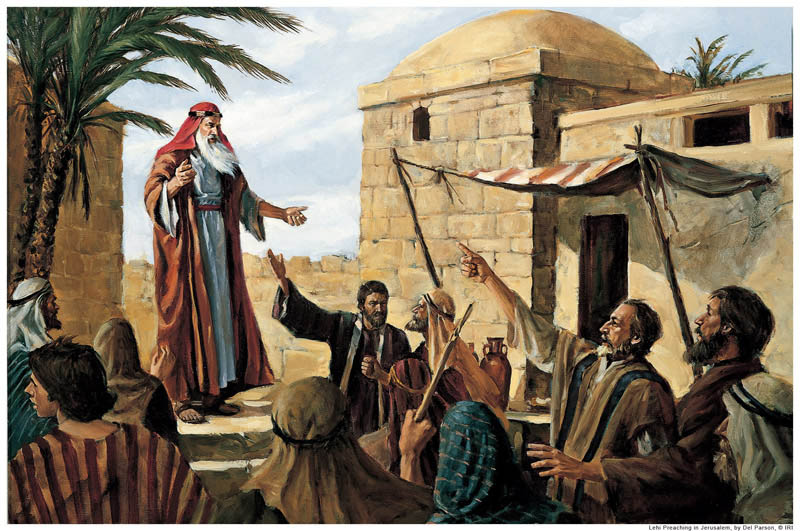
Recent Comments